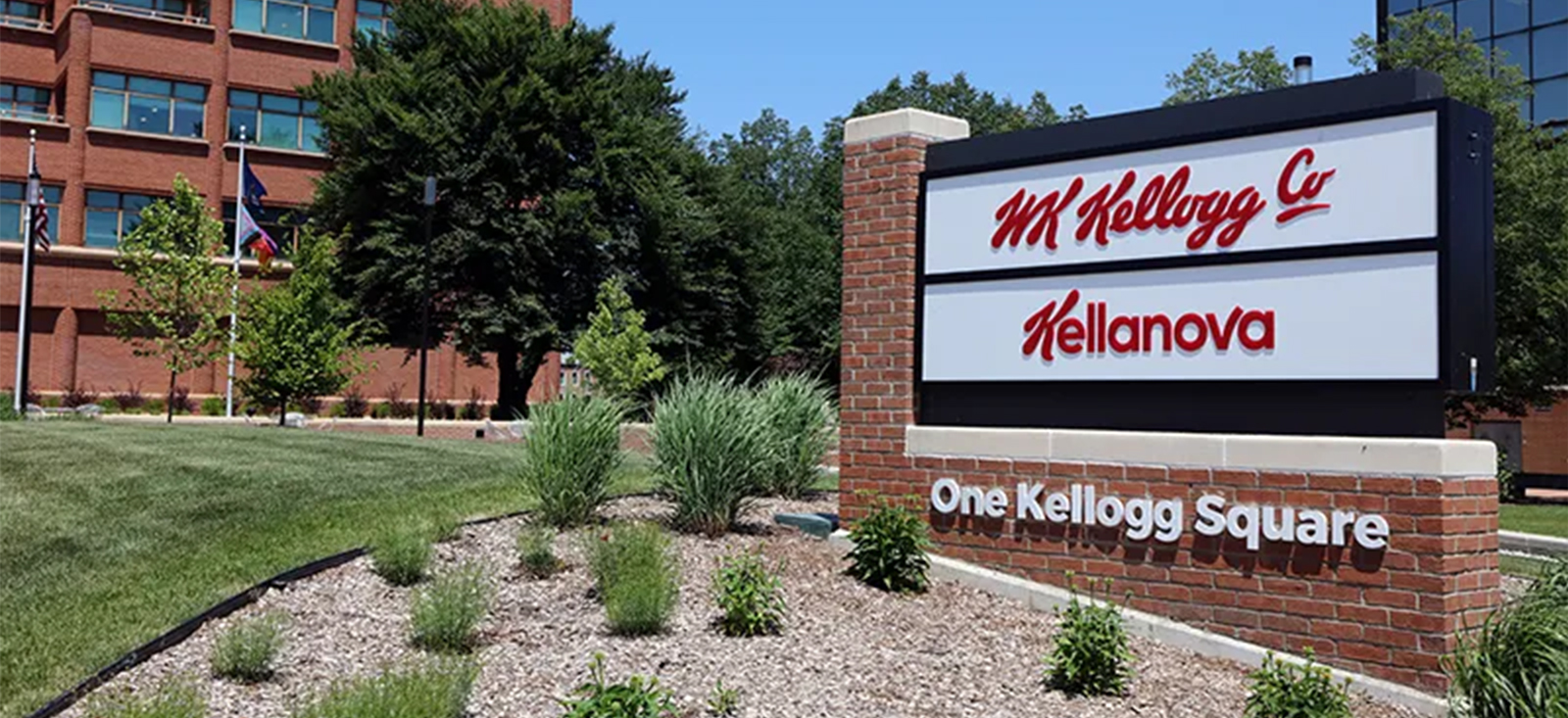
What Does the #CancelKelloggs Campaign Tell Us About Corporate Social Responsibility?
In October, protesters gathered outside of Kellogg’s headquarters in Michigan demanding the company remove artificial dyes from its cereals sold in the U.S. The protest comes on the heels of California recently passing the California School Food Safety Act, which bans six artificial food dyes most commonly found in foods served in school cafeterias across the state – many of which are also found in Kellogg’s cereals.
While Kellogg’s has responded that their products are safe for consumption and meet federal standards set by the Food and Drug Administration, critics have pointed out that in Canada, Kellogg’s Froot Loops are made with natural fruit juice concentrates instead of artificial dyes — and are calling for Kellogg’s to adopt a similar standard and eschew the use of dyes in its U.S. products.
The outcry is the latest example of consumers banding together to demand higher standards of the companies they patronize — whether it’s product safety standards, workplace safety, or pay equity, people are advocating with their voices and wallets.
In the age of consumer advocacy, companies are adopting — or claiming to be adopting — a higher standard of respect and care for their customers — reflected in their corporate social governance (CSG) policies. Associate Clinical Professor of Marketing Boryana Dimitrova, PhD, whose teaching interests include corporate social responsibility, consumer activism and sustainable consumption, recently spoke with the Drexel News Blog to help explain how genuine CSG efforts are, the bottom-line effects of consumers pushing for greater corporate social responsibility and whether or not publicizing CSG activities is an effective marketing strategy.
Q: Why are people protesting outside of Kellogg’s headquarters and how has Kellogg’s responded?
Dimitrova: An Instagram influencer, food activist and author, Vani Hari (also known as the @thefoodbabe) started a petition that has been signed by 400,000 people, asking Kellogg’s to remove all artificial colors and other harmful ingredients from their cereals because they have been shown to lead to various health issues.
Kellogg’s has not directly responded to Hari’s protest or petition, which has inspired the #cancelKelloggs movement that has taken over social media and has been supported by other food activist social media influencers, Hollywood celebrities such as Cindy Crawford and Eva Mendes, and professional athletes such as Bryce Harper.



